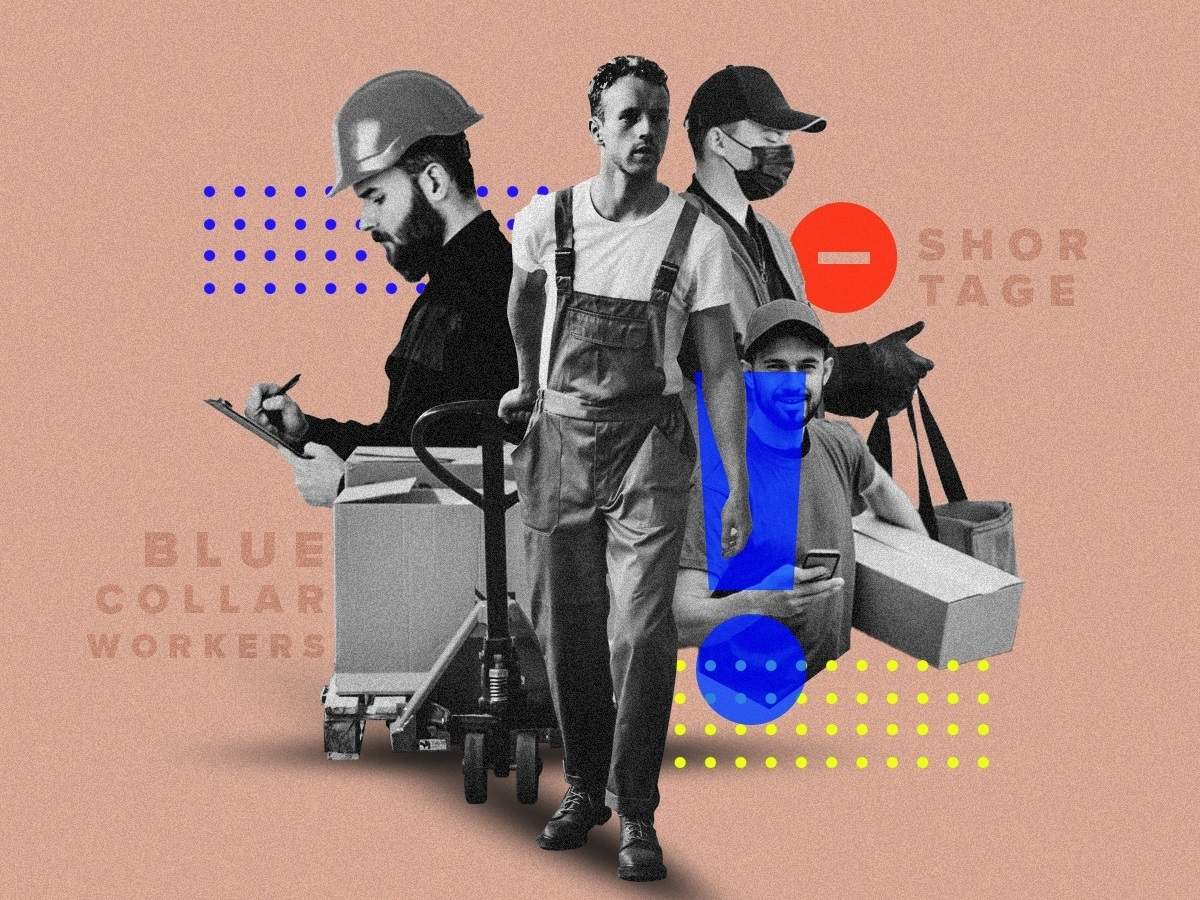
While the most basic test of an independent contractor arrangement is non-exclusivity of services, aggregators often end up barring the gig workers from servicing the customers through an independent arrangement.
Amidst low wages, bait-and-switch incentives, deduction of commissions and continuous surveillance on the aggregator platforms, there have been widespread instances of protests by gig workers against conditions of services provided by the aggregators, such as the protests against Swiggy in 2020 and Urban Company in October 2021. Recently, Urban Company retaliated by filing a lawsuit in the Gurugram district court against protesting women workers of the salon and spa vertical.
A PIL seeking social security benefits for gig workers and platform workers was admitted by the Supreme Court on December 13. The petition was jointly filed by the registered trade union Indian Federation of App-based Transport Workers (IFAT), along with two drivers who have worked with Ola and Uber. Under the existing labour law framework in India, many of the hard-won labour rights and protections are afforded only to blue-collar employees, known as “workmen”.
With respect to this, the PIL submits that gig workers and platform workers are first, in an employment relationship with the aggregator companies, and second, covered by the definition of “workmen” as per social security legislation. As it stands, the contractual arrangements of gig workers with their companies are typically in the form of independent contractors. Commonly known as “freelancers”, this model is sold with lofty claims of flexibility, favourable tax brackets and often portrayed as a side hustle.
While there exist highly qualified “consultants” whose skillsets are in demand, this is a minority of the market. In India, where 70% of the workforce is in the unorganised sector, the ground reality is that gig workers end up trapped in precarious work conditions with low earnings and very little job security. Ironically, while the most basic test of an independent contractor arrangement is non-exclusivity of services, aggregators often end up barring the gig workers from servicing the customers through an independent arrangement.
Amidst low wages, bait-and-switch incentives, deduction of commissions and continuous surveillance on the aggregator platforms, there have been widespread instances of protests by gig workers against conditions of services provided by the aggregators, such as the protests against Swiggy in 2020 and Urban Company in October 2021. Recently, Urban Company retaliated by filing a lawsuit in the Gurugram district court against protesting women workers of the salon and spa vertical.
As a result, the protesting workers called off their protest, as per the All India Gig Workers’ Union. The Unorganised Workers’ Social Welfare Security Act, 2008, enacted after years of campaigning by workers’ organisations, provides social security benefits to “unorganised workers”. A home-based worker, a self-employed worker and a wage worker in the unorganised sector, as well as workers not covered within the ambit of six labour welfare legislation, are covered under “unorganised workers” for the purposes of this Act.
On this basis, the PIL before the Supreme Court submits that gig/ platform workers qualify as “unorganised workers” and are thus entitled to social security benefits. Non-registration of gig/platform workers under the Act is a violation of their fundamental rights under Articles 21 and 14 of the Constitution of India, and has resulted in their exploitation through forced labour, prohibited under Article 23, submitted the petition. The Code on Social Security, 2020, passed by the Parliament but currently awaiting implementation, defines “gig worker” to mean a person who performs work or participates in a work arrangement and earns from such activities outside of the traditional employer-employee relationship.
This particular Code provides for extension of some social security and welfare measures to gig workers, also. However, upon implementation, these are to be provided through and supervised by government schemes. The Social Security Code draws the line at requiring aggregator companies to make proportionate contributions to setting up these funds, and there exists no responsibility or accountability affixed to the companies, as seen in traditional employer-employee relationships. On the bright side, there have been recent judgments by foreign courts in favour of workers.
The UK Supreme Court in Uber BV vs Aslam, classified Uber drivers as “workers”, thereby entitling them to benefits like minimum wages and paid holidays. During the hearing before the Supreme Court of India in the IFAT petition, senior counsel Indira Jaising, appearing on behalf of the petitioners, drew the attention of the court to the judgment delivered by the UK Supreme Court. The UK Supreme Court, upon analysing the contract between Uber and the driver, found the contractual relationship to be that of an employer and employee.
A similar trend has been observed by courts in Europe too, with judgments in favour of the workers, given by the Dutch High Court and the French Court of Cassation. The European Commission, in February, launched a public consultation to frame policies for the protection of the rights of gig workers. A recent report by the Peoples Union for Democratic Right makes two recommendations for improvement in this sphere.
First, it recommends steps be taken for recognition of gig workers as “workers”, and for extending labour rights and protection to them.
Second, immediate measures to fix accountability of companies towards gig workers, including clearly established mechanisms and penalties for violating their rights are the need of the hour.
There is a need for the gig economy to work for the workers.
